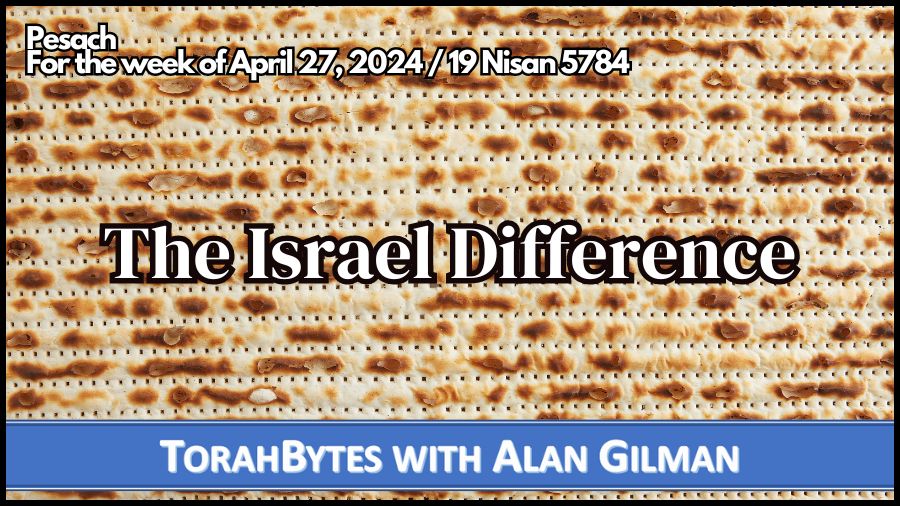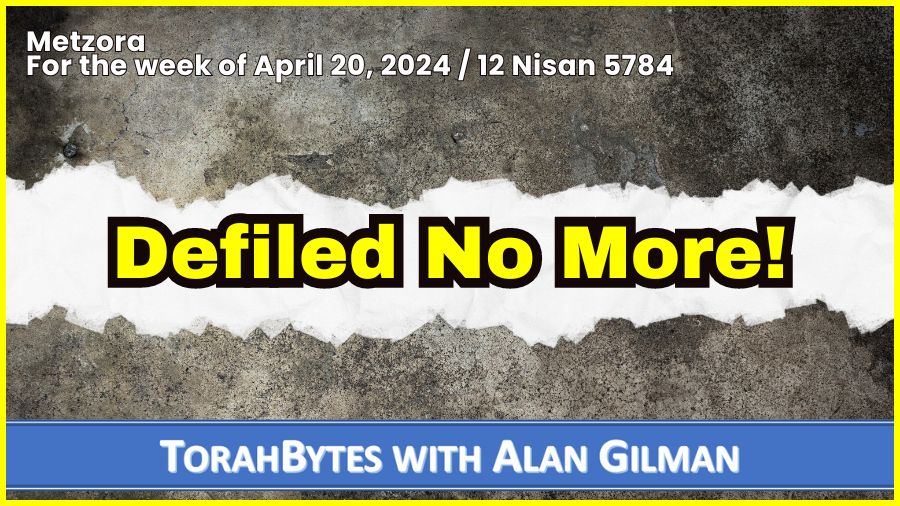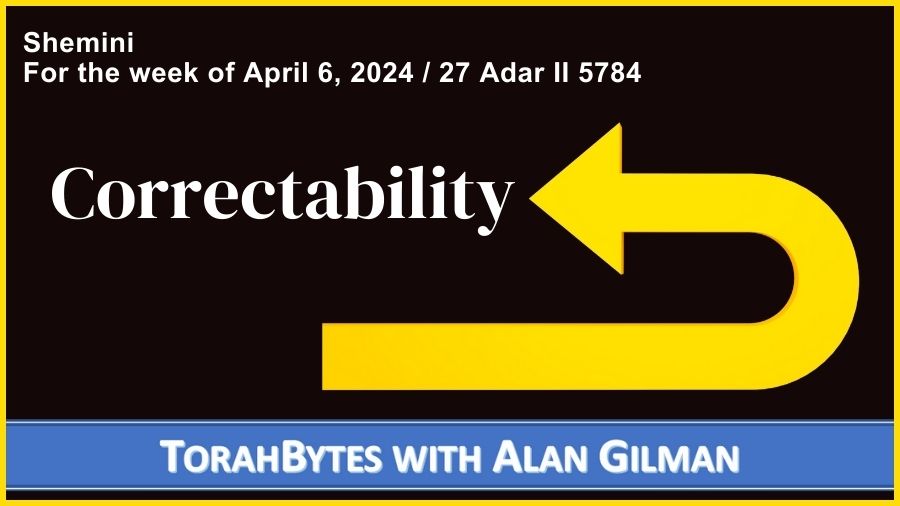For the week of April 27, 2024 / 19 Nisan 5784

Pesach
Torah: Shemot/Exodus 33:12 – 34:26; B’midbar/Numbers 28:19-25
Haftarah: Ezekiel 36:37 – 37:14
For how shall it be known that I have found favor in your sight, I and your people? Is it not in your going with us, so that we are distinct, I and your people, from every other people on the face of the earth? (Shemot/Exodus 33:16)
This week’s parsha (Torah reading portion) is a special mid-Pesach Shabbat Torah reading. It covers the time following Israel’s worship of the golden calf and Moses’ breaking the original tablets of the Ten Commandments. Due to Moses’ intercession, God relents of destroying the people for their sin and reaffirms the covenant. That the parsha is chosen for the week of Pesach is curious, since there is no mention of leaving Egypt and associated events. However, God’s renewal of the covenant as documented here demonstrates that the rescue of Israel from slavery is part of something much bigger and enduring. Commemorating Pesach is to remember God’s commitment to Israel for the long haul.
The parsha also includes Moses’ seeking God for clarity over his continued presence with the people going forward. Through his conversation with God, he expresses that which sets Israel apart from all other nations. It’s not the extraordinary events that recently took place even though the exodus from Egypt is one of the most well-known stories of history. It’s not the giving of the Torah and the rest of the Bible even though it’s a unique heavenly gift that has blessed the world for centuries. What makes Israel distinct is God’s presence with them. In fact, it’s God’s presence from which everything else worthy of note in Israel’s history stems.
God himself sought out a people, beginning with Abraham, Isaac, and Jacob, through whom to bring blessing to the rest of the world. And from those earliest days, he engaged Israel personally. They were not always aware of his presence. Long periods would go by when they may have felt that he had abandoned them. But even then, God’s attention was on them to oversee the workings of their lives to further his purposes both in and through them.
Some may want to reduce Israel’s story as one in which superior religious thought developed over time. Amid great struggles, special men and women rose to the fore as they developed extraordinary ways of living life. The Bible stories and the people involved can therefore be regarded as prototypical object lessons from which later generations could glean wisdom. According to this perspective, whether or not these stories actually happened to real people in real-life situations is secondary to the lessons we can learn from them.
Learning lessons from Bible stories is a good thing, but to downplay their historicity greatly undermines their intended power. For, if the people and events are nothing more than highly developed prototypical stories to enlighten readers, what does this tells us about Moses’ claim about what made Israel special? In order to establish the importance of Moses’s claim, an actual God needed to be literally present with real people. Otherwise, Moses’ words are nonsense.
But they were not nonsense. Moses really did encounter the Creator God, who spoke and made a covenant with Abraham, Isaac, and Jacob. He really did tell Moses what to say to Pharoah, striking Egypt with plagues due to Pharoah’s obstinance. He really did appear to Israel in the form of a pillar of cloud and fire and led them through the sea to freedom. He really did provide them with food and drink in the wilderness and really did give his Torah to Moses. God’s presence was really with Israel. It was (and still is) his personal attention that sets Israel, and all who trust in him through Israel’s Messiah, apart.
What makes God’s people different is that God is personally present with us. He never intended to leave us with a set of principles or ideas that we simply rehash and aspire to. He has indeed given us his Word, but never with the intention that we would figure it out on our own. That same Word calls us to be aware of his presence as we fix our attention on him and continually rely on him.
All scriptures, English Standard Version (ESV) of the Bible


